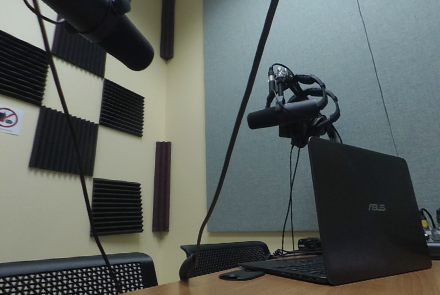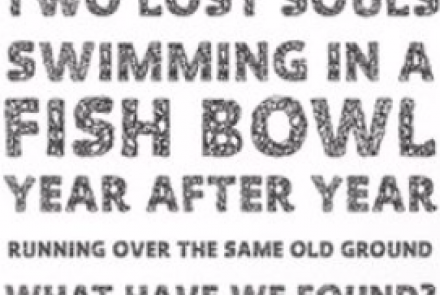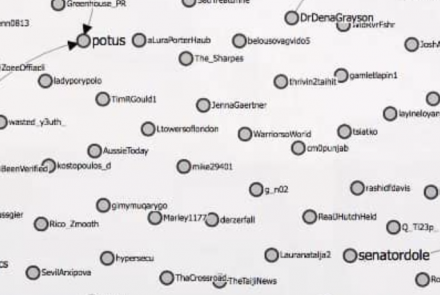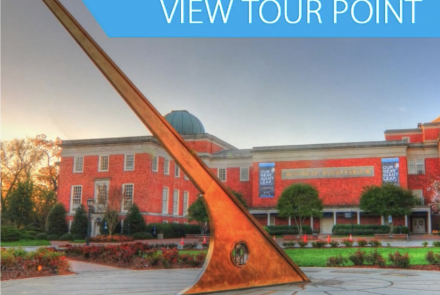Data, Stories, and Elections
As we ponder the aftermath of yet another election where the polls and aggregator forecasts failed to predict the outcome, I can't help but revisit the concerns taken up in 2017 as scholars and the world took stock of the election of Donald Trump to the US presidency. The takeaway then was that emotions and human decisions are difficult to account for and that it might be high time to focus on stories, cultural currents, and uncertainty as we approach and engage with politics.
That sense, however, gave way as data scientists pushed back with points about probabilities, polling errors, and popular votes. It turns out the data didn't get it wrong; people just didn't understand the methods or claims being put forward. New hope (at least for democrats) emerged as the 2020 election approached and, again, the forecast told a story of large margins, new battlegrounds, and consistent polling. Hah. It turns out that the points generated about polling data were mostly useless and the unpredictability of humans and emotions again held sway.
I'll not put much stock in the metrics going forward. I don't think qualifying claims with a 10 percent probability of an alternative outcome, lets you off the hook for missing the mark twice in a row--especially when the consequences are so dire. No. These are just stories like any other. Unpredictability is baked in to our affairs. And emotion outperforms logic all the time. It's an important lesson for data scientists who do any work related to humans.





